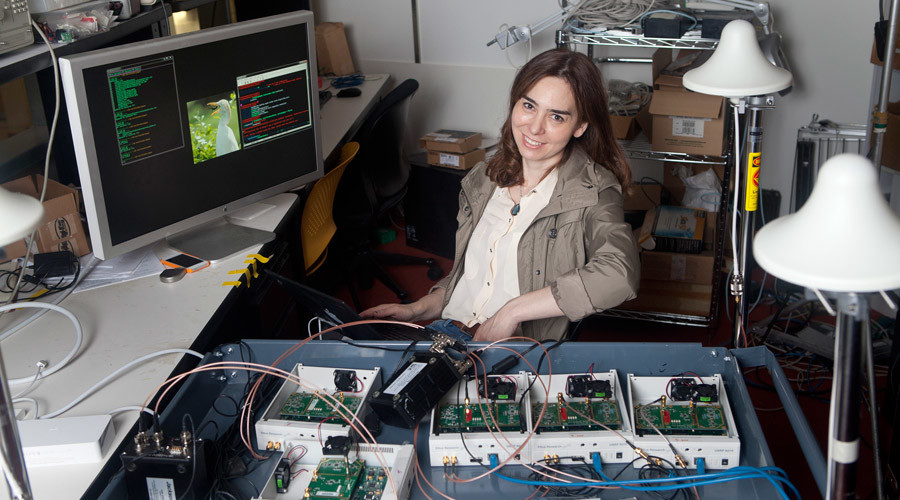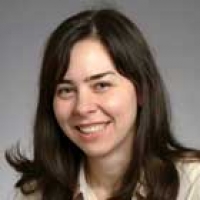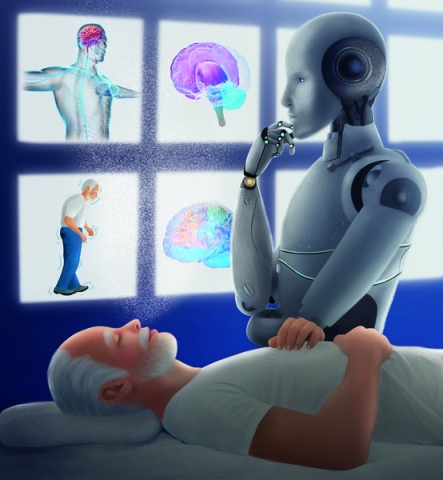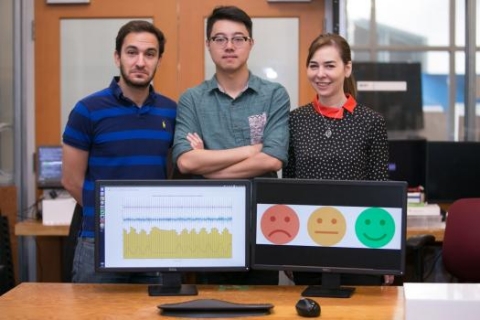The National Academy of Sciences has elected 120 members and 23 international members, including five faculty members from MIT. Dina Katabi, as well as Joshua Angrist, Gang Chen, Catherine Drennan, and Gregory Stephanopoulos were elected in recognition of their “distinguished and continuing achievements in original research.” Membership to the National Academy of Sciences is one of the highest honors a scientist can receive in their career.
Established in 1863 by a Congressional charter that was signed by Abraham Lincoln, the National Academy of Sciences is a private, nonprofit society of distinguished scholars. Each year, new members are elected by their peers in recognition of their outstanding contributions to their field of research. Together with the National Academy of Engineering and National Academy of Medicine, the National Academy of Sciences aims to “encourage education and research, recognize outstanding contributions to knowledge, and increase public understanding in matters of science, engineering, and medicine.”
As of this year, the National Academy of Sciences has 2,565 active members and 526 international members. Among the new members added this year are eight MIT alumni, including Thomas Banks PhD ’73; Joan W. Bresnan PhD ’72; Jennifer Elisseeff PhD ’99; current faculty member Dina Katabi SM ’99, PhD ’03; Maria C. Lemos SM ’90, PhD ’95; William B. McKinnon ’76; Emmanuel Saez PhD ’99; and Gunther Uhlmann PhD ’76.
Katabi's latest honor
Dina Katabi is the Thuan and Nicole Pham Professor of Electrical Engineering and Computer Science (EECS), director of the MIT Center for Wireless Networks and Mobile Computing, and a principal investigator at both the Computer Science and Artificial Intelligence Laboratory (CSAIL) and the Abdul Latif Jameel Clinic for Machine Learning in Health (Jameel Clinic), and a co-founder of Emerald Innovations. At CSAIL, she conducts mobile computing, machine learning, and computer vision research while leading the NETMIT group. Katabi is known for her contributions to wireless data transmission, developing wireless devices that assist with digital health using AI and radio signals. These works include an in-home wireless device that continuously monitors the gait speed of patients with Parkinson’s to better track the progression of the disease, an AI model that detects Parkinson’s from individuals’ breathing patterns, and BodyCompass, a radio-frequency-based wireless device that captures sleep data without using cameras or body sensors.
Katabi received a bachelor’s of science from the University of Damascus and continued her studies at MIT, where she earned a master’s of science and a PhD in computer science. She joined EECS faculty in 2003.
She is a member of the American Academy of Arts and Sciences, the National Academy of Engineering, and the National Academy of Sciences, having received the 2013 MacArthur “genius grant” Fellowship as well as the Association for Computing Machinery Prize in Computing in 2018. Additionally, Katabi has earned the ACM Grace Murray Hopper Award, two Test of Time Awards from the ACM’s Special Interest Group on Data Communications, and a Sloan Research Fellowship.



